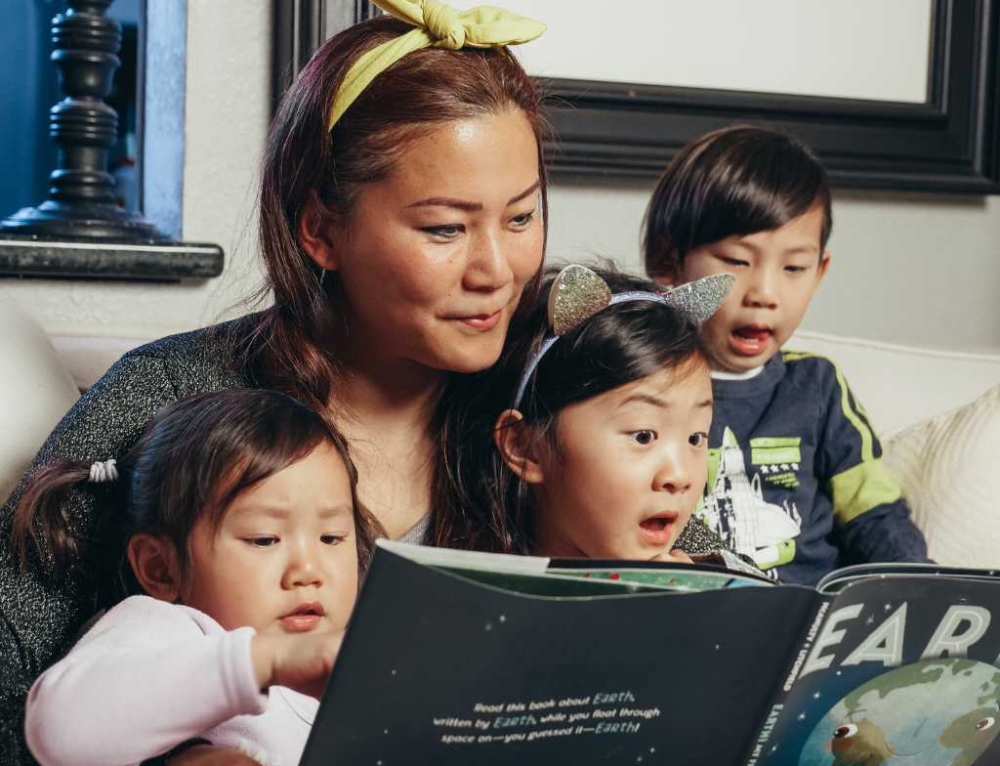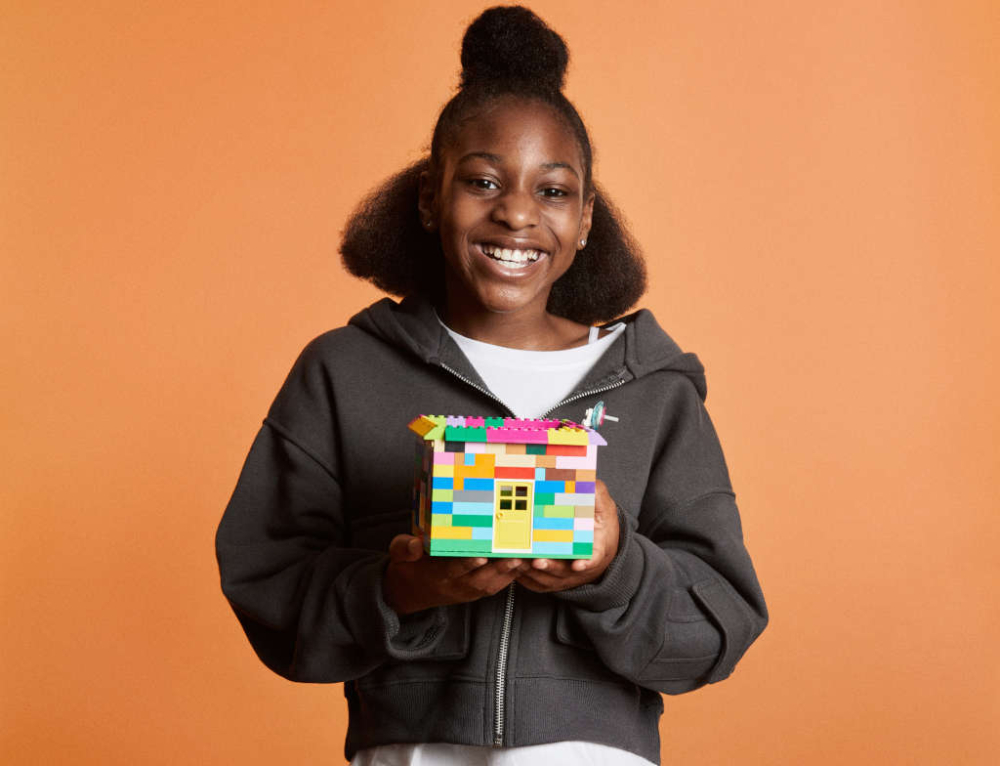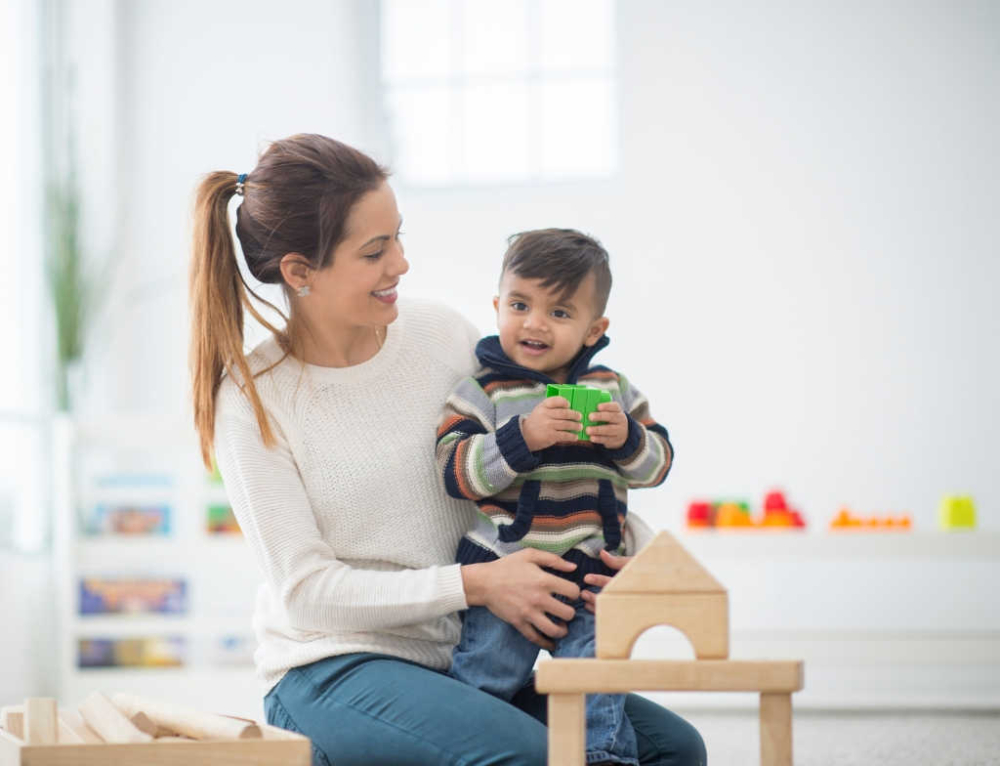By Dr Justin Coulson
Many parents are stressed out or struggling to maintain order in their families for one simple reason: they can’t seem to implement structure and routine in their home. Some parents don’t like the idea of being dictated to by a timetable or family routine, while others don’t see how it can work in their circumstances.
But routine matters. It makes families happier. It reduces tension. It improves children’s (and parents’) behaviour. It even helps us sleep better, and our kids do better at school and with friends.
How does having a routine do all that?
5 ways routines can help families
1. Routine promotes security and stability
Children thrive when they feel safe and secure, and when life is predictable. If our kids know what is coming and when, they feel comfortable. They’re not producing stress hormones. Instead, they’re developing healthily and happily.
Family routines can also be helpful by preparing our children for what’s coming. They can look forward to story time, play time, park time, or whatever it is that falls naturally in their routine, when it is well established and predictable.
2. Routine reduces cognitive stress
Barack Obama, former President of the United States, sticks to routine to reduce cognitive fatigue. His brain doesn’t have to think about certain things, which leaves him with more brain space for other things that matter more. As an example, his morning routine always includes 45 minutes of exercise, the same food for breakfast, and the same suits to wear.
Routine can have the same effect on us and our children. As our routine becomes habitual and automatic, we don’t need to think about what else we should do. We simply move through our day, completing things as needed.
3. Routines empower our children – even with their chores!
In our home we have a simple chore chart. There are fifteen simple chores listed, grouped into four separate lists. Each day our kids have afternoon tea and then start on their chores. It’s the routine. There are no power struggles. There is no fighting. The kids “get it”. They know that after school they can have a snack and then get into the routine. Simple.
The best thing is the routine promotes responsibility and empowerment. We occasionally remind them, but rarely do we need to nag. The routine makes it easy.
4. Routine improves social-emotional health
A study published in a 2014 issue of The Journal of Developmental and Behavioral Pediatrics found that routines matter for our kids. Researchers examined the family routines that 8,500 preschoolers engaged in with their families. The routines they were interested in were eating dinner as a family (five times per week), singing, story-telling, reading and playing at least a few times a week. They found that, in families where none of these routines were practised, just one in ten children experienced high social-emotional health. Comparatively, when families did all five of those routines, one in four children had high socio-emotional health.
The numbers aren’t huge, and there are certainly other things that can impact on our kids’ social-emotional health, but this is still a significant difference between the two groups.
5. Routine improves sleep, school and learning
This research indicates that when our kids have a good sleep routine (meaning they go to bed within 30 minutes of the same time each night), they sleep better, learn better and regulate their behaviour more effectively.
Routine does not mean rigid
Some people criticise routines due to the fact that they require so much rigidity. Research shows that being overly rigid is unhelpful and creates stress. The routine should be a framework that supports us rather than dictating our every move to the minute. In fact, an added bonus of routines is that they give you the power to be flexible when you need to because you can always come back to the structure you need.
If your family is stressful, perhaps a new routine for your morning or evening could be just the thing to reduce stress and improve health and wellbeing.
How do routines work in your family? What things are strict and what things stay flexible?
This article was written by Dr Justin Coulson for Kidspot Australia and reprinted here with permission. Find out more here.
Read more on Kidspot:
- 6 surefire ways to create calm household routines
- Helping kids cope with change
- 11 questions that teach kids to be happy







Routines help us all in our family. We are often busy with other things but we have a follow on routine effect. The boys know when they get home they unpack their bags, empty their lunch boxes and get changed then they can have afternoon tea. Play time is usually up next, followed by homework, showers then tea, more play, quiet time and bed. We try to stick to rough timeline but sometimes that doesn’t work so we use a follow on effect – once we have done one thing onto the next. It works in our house. Our boys also have chores they do each day so they learn responsibility for their own things and learn to look after themselves.
Thank you for this article. It’s a good reminder for me, for my family. I guess the key is consistency and helps to make it simple at first to get it going. The simple chore chart is good tip. Might do a picture chore chart for my 3 year old and see how it goes.
I like the comment that routine does not mean rigidity. I think that it is also important to have unstructured or free time as well.
We are not a routine driven family, but we do have routines. I like the bit at the end about routines not having to mean rigidity. That’s what we have. So we have a rough bedtime, and a list of things that need to happen in the morning. But no particular order to it, and if we are over or under by a bit, we aren’t too worried. Flexibility for us is important, so that we aren’t beating ourselves up if we lose 5 mins here and there.
I like routines, they may seem a bit boring at times but I think we can all do with some set routines, children and adults included. We have a routine for our 5 year old – especially at bedtime. She goes to bed between 6.30-7.00pm for storytime, reading, playing etc and she’s normally asleep by 7.30-8pm (not always though!). She is always up in the morning between 6.00-6.30am even if she goes to bed later, so she really needs to get to bed early. School routine stays the same too and lots of other little things we do
This is a great article and I totally agree routine is so important with children I know we are quite strict with bedtimes and helping around the house. Because as a parent we have enough things to do our kids are at an age where we tell them to make there bed it may not be the tidiest with the youngest but at least he is trying, pull there curtains up, brush your teeth after breakfast, help make your school lunch it’s all part of there routine and lots of other things.
Totally love this article…I love routine and so do my boys, maybe a bit boring and mundane to other people I know but i like the security and the predictable life. We used to have quite a laxed routine if thats what you could call it but after mine and the kids dad splitting up I was like thats it routine all day every day and its been the best change for all four of us and the boys are certainly thriving because of it. Ill admit some days I just cant be bothered and feel like chucking the whole routine in but when i crawl into bed at the end of it all im incredibly greatful for the routine as its meant control in a good way and normality for us all. The pending school holidays will be a real test though thats for sure but Ive learnt with routine does come a need for flexibility with it too.